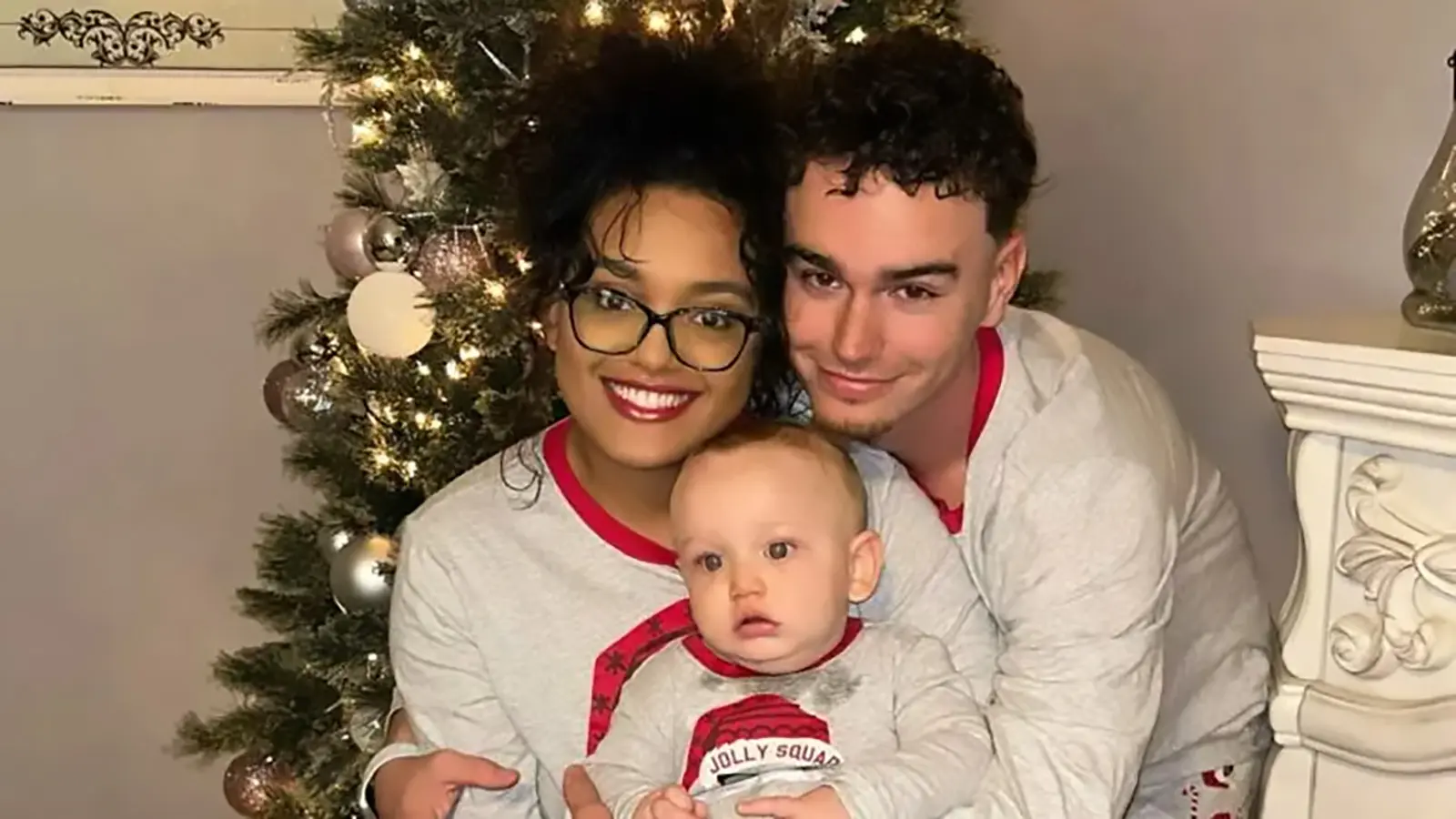New reporting from The Meteor — a media outlet focused on covering gender equity issues — tells the story of Tamara and Caleb Costa, an Alabama couple forced to go out of state to seek treatment for a dangerous partial molar pregnancy.
The 24-year-old couple was expecting their second child when a routine genetic test came back abnormal. After visiting a specialist, Tamara learned that her fetus was missing its skull and that all of its vital organs were outside of its body.
At their next doctor’s appointment, the couple was told by Costa’s OB-GYN that due to Alabama’s strict abortion ban, there was nothing they could do to help her. According to the couple, the doctor then handed Tamara a sticky note with a phone number and the words “Planned Parenthood Chicago” written on it.
The couple maxed out a credit card to travel to the Chicago clinic where they then learned that Tamara had a partial molar pregnancy, which is caused by a genetic error during fertilization.
Molar and partial molar pregnancies cause rapid growth of abnormal placental tissue within the uterus. If not treated immediately, the rare condition can lead to long-term complications. The placenta becomes a danger to the mother, as it may invade the pregnant person’s muscle tissue and other organs, resulting in hyper-metabolism which itself can lead to anemia, heart attacks, multiple-organ failure, or even cancer.
Tamara’s pregnancy was not only non-viable, but every moment that it remained untreated posed additional risk to her health. The doctors at Planned Parenthood Chicago terminated the pregnancy, saving Tamara’s life. Had the Costas stayed in Alabama, Tamara would not have been able to receive that life-saving treatment.
“It seems like they’re concerned with life, right?” Costa said, referring to legislators like those in Alabama who have instituted strict abortion bans. “[But] the only person that was affected was me. They said the baby wasn’t compatible with life. The only life that was affected in this [situation] was the living one. The only one that could survive was me. And it wasn’t a priority.”
“The state, by making the decision for me, was essentially saying my life didn’t matter and my baby’s life was already gone—so we were both gonna die.”
The Costas’ story is one of many in which women have been denied life-saving medical treatment in the wake of the 2022 Dobbs v. Jackson decision which overturned Roe v. Wade and nearly 50 years of federal abortion protections.
Tamara Costa’s experience highlights the reality that medical providers in states with bans as strict as Alabama’s are unable to properly care for their patients. Healthcare workers in Alabama are deterred from even giving their patients information about their diagnoses and possible treatments — instead they must resort to secret sticky notes that tell their patients to go out of state to find the adequate care they need.
“It was like she didn’t matter,” said Tamara’s husband Caleb. “Her life was at risk and it didn’t matter to anybody. She didn’t have an option here to get help, and that’s not fair to her… We were told we needed to terminate our child in Alabama, but Alabama said, ‘You can’t do it here.’ Make it make sense.”
Alabama’s GOP leadership is also actively trying to prevent women like Tamara from seeking healthcare alternatives out of state. Doctors and clinics are currently suing Alabama Attorney General Steve Marshall as he looks to criminalize the act of assisting someone in seeking an out-of-state abortion.
If the suit fails, doctors like Tamara’s could face charges for simply providing their patients with information on how to obtain an abortion outside of Alabama. In that world, Tamara may have never learned that she had a partial molar pregnancy, let alone received the necessary life-saving care that only out-of-state doctors could provide.
Alabama is one of 14 states in the country with a total abortion ban that effectively criminalizes the procedure in all cases and at all stages of pregnancy. Any medical provider who terminates a pregnancy — even a non-viable pregnancy that could kill the mother, like in Tamara’s case — is guilty of a Class A felony and could face up to 99 years in prison, plus a $100,000 fine. That punishment makes abortion a crime tantamount to rape and murder according to Alabama law.



















































